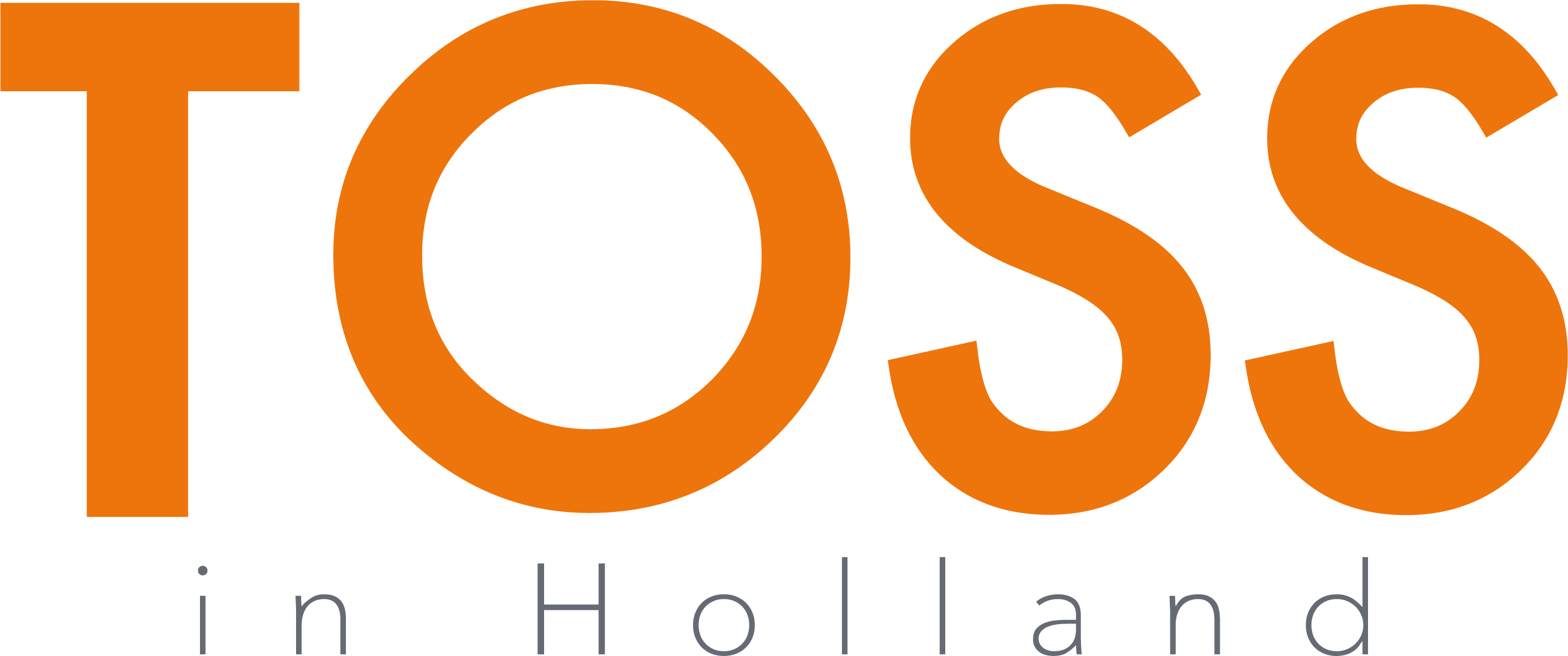How to hire a highly skilled migrant in the Netherlands
What should you take care of if you want to hire a highly skilled migrant? There are an abundance of jobs in the Netherlands and a considerable shortage of personnel, which is why more and more companies are looking for employees from outside the Netherlands. Of course, talent is not only found locally, but also internationally. More and more companies in the Netherlands are hiring expats, but what do you have to take care of if you want to hire a highly skilled migrant? We tell you in 7 steps how to bring a foreign employee to the Netherlands.
1. Check whether the candidate meets the requirements of the Dutch immigration service
The first step is to check whether the candidate is eligible for a work permit as a highly skilled migrant. There is a modified admission procedure for highly skilled migrants. The Immigration and Naturalization Service have established conditions for the employer and the highly skilled knowledge migrant.
Some important conditions:
- The employer is a recognized IND sponsor;
- There is an employment contract of at least 3 months with an employer in the Netherlands;
- The candidate’s salary meets the salary requirements of the IND.
All criteria points can be found on the IND website.
2. Apply for residence permit / Arrange for a recognized IND sponsor
The second step to employ a foreign worker is to apply for a residence permit and MVV (Authorization for Provisional Residence) for the expat. Your employer, as a recognized IND sponsor, will submit an application to the IND for a residence permit for highly skilled migrants and an MVV.
If the ultimate employer intended is not an IND recognized sponsor, a payroll service or legal employer service may provide the solution. A recognized IND sponsor can then take the foreign highly skilled migrant on its payroll and do the application for the MVV and residence permit. This way, the highly skilled migrant can often start working for your company as an expat very quickly.
Are you not a recognized IND sponsor? Don’t worry, we are!
3. Collecting the highly skilled migrant’s MVV
The highly skilled migrant needs the MVV to travel to the Netherlands. The application for the MVV also indicates where it will be picked up. The Dutch representation (embassy or consulate) will place the MVV sticker in the passport. Then the highly skilled migrant has 90 days to travel to the Netherlands.
4. Arrange housing for the expat
In anticipation of the procedure and before the expat travels to the Netherlands, it is advisable to arrange housing for the highly skilled migrant. Although this is not an obligation, it is expected as a good employer. We recommend to start as soon as possible or on time, because it can take up to 6 months to find a suitable home. Of course specialized parties can help with this and with furnishing.
5. Arrival of the highly skilled migrant in the Netherlands
It’s all set: the employment contract, the housing, the MVV and the residence permit. It is then finally time for the expat to come to the Netherlands. It is not necessary, but it is nice to wait for the highly skilled migrant at the airport to give him or her a warm welcome to the Netherlands.
6. Collecting BSN and residence permit
It is convenient for the highly skilled migrant to have a Burgerservicenummer, which the highly skilled migrant receives after registering with the municipality in the place of residence. This Burgerservicenummer (BSN) is required to open a bank account at a Dutch bank. It is also mandatory to have a BSN in order to claim certain tax benefits such as the 30% ruling and other allowances.
To apply for a BSN, the expat must register themselves with the local municipality within the first five days of arrival. Many expats then pick up their BSN along with their residence permit. You can pick up the residence permit for up to two weeks after arrival.
7. Arranging health insurance and an IBAN
Once the foreign worker has a BSN, health insurance must be arranged. In fact, just like any other resident of the Netherlands, an expat is also required to be insured.
Once the foreign employee has a BSN, a Dutch bank account can be opened. A Dutch bank account offers the advantage that a salary payment is immediately credited to the account, compared to a foreign bank account where it can often take several working days and incur an additional cost.
Are you considering hiring a highly skilled migrant or would you like to be better informed? Feel free to contact us or book an appointment for a consultation.















